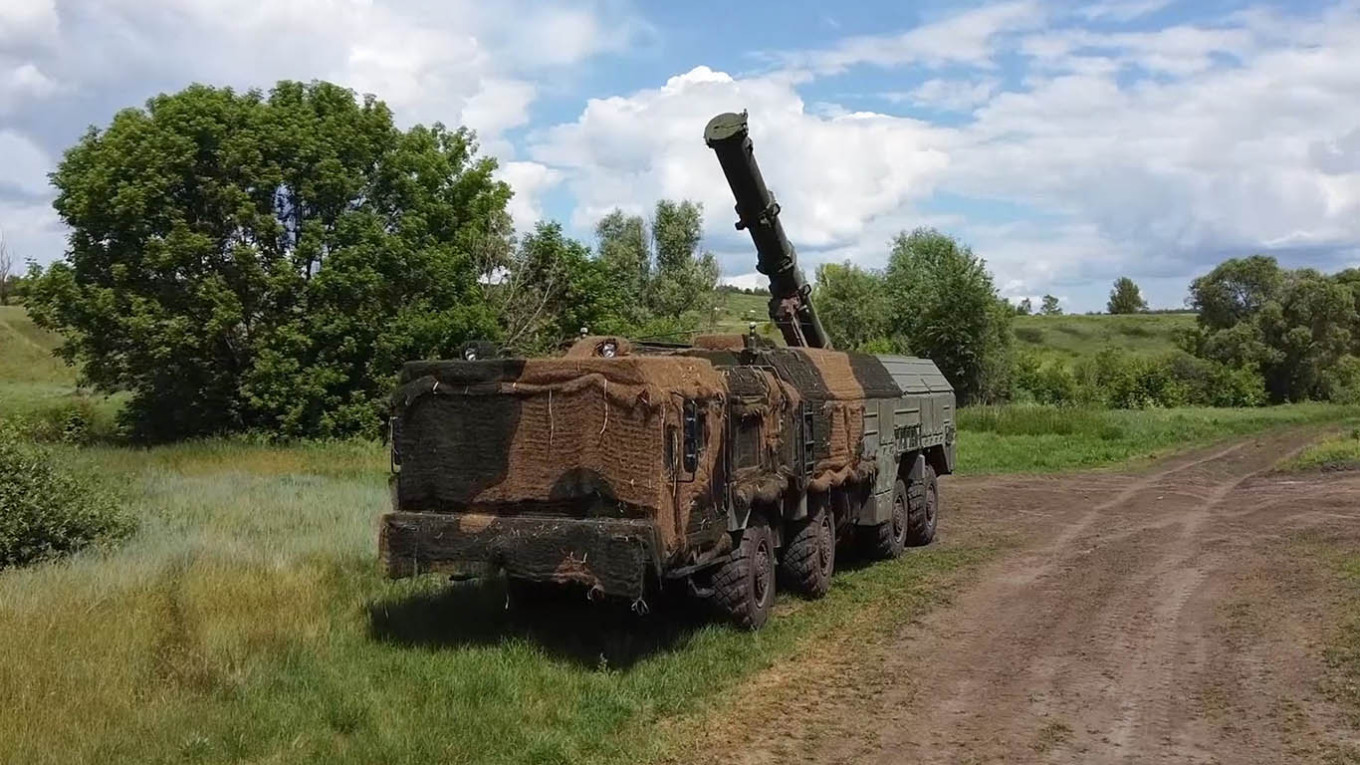Russia has been reported to have launched ground-based cruise missiles at Ukraine, a development that has contributed to the dismantling of a significant arms control agreement from the Cold War era, according to Reuters.
Ukrainian Foreign Minister Andrii Sybiha informed the news organization that since late August, Russia has executed 23 launches of the 9M729 missile. Prior to this, Kyiv recorded two launches in 2022.
NATO designates the 9M729 missiles—capable of delivering either nuclear or conventional warheads and thought to be a variant of the Iskander-K system—as SSC-8. Analysts estimate their range to be up to 2,500 kilometers (1,550 miles).
In 2019, the United States indicated it would withdraw from the Intermediate-Range Nuclear Forces (INF) Treaty, citing Russia’s clandestine development of the 9M729, which exceeds the treaty’s range limit of 500 kilometers (310 miles). The Kremlin rejected these claims.
In retaliation, Moscow announced a self-imposed moratorium on the deployment of intermediate-range missiles. However, in early August 2025, Russia’s Foreign Ministry declared the end of this voluntary restriction.
A senior Ukrainian official, who chose to remain anonymous, shared with Reuters that Russia began the deployment of the 9M729 on August 21, shortly after U.S. President Donald Trump and Russian President Vladimir Putin held a summit in Alaska.
One missile, launched on October 5, reportedly flew over 1,200 kilometers (745 miles), resulting in four fatalities in the Lviv region. Analysts reviewing images confirmed that debris from the missile was labeled 9M729.
The reported 23 launches over 72 days equate to about one missile fired every three days.
Sybiha expressed in written comments to Reuters, “Russia’s recent use of the INF-prohibited 9M729 against Ukraine illustrates President Putin’s disregard for both the U.S. and President Trump’s diplomatic attempts to resolve Russia’s aggression towards Ukraine.”
The White House has not provided any comments regarding Russia’s usage of the 9M729 missiles.
The Kremlin directed inquiries about the missile strikes to its Defense Ministry, which did not reply to requests for comments from Reuters.
Western analysts conveyed to Reuters that these missile strikes reflect a more aggressive Russian posture and heighten concerns for European security, given that these missiles were originally intended to target NATO territories.

